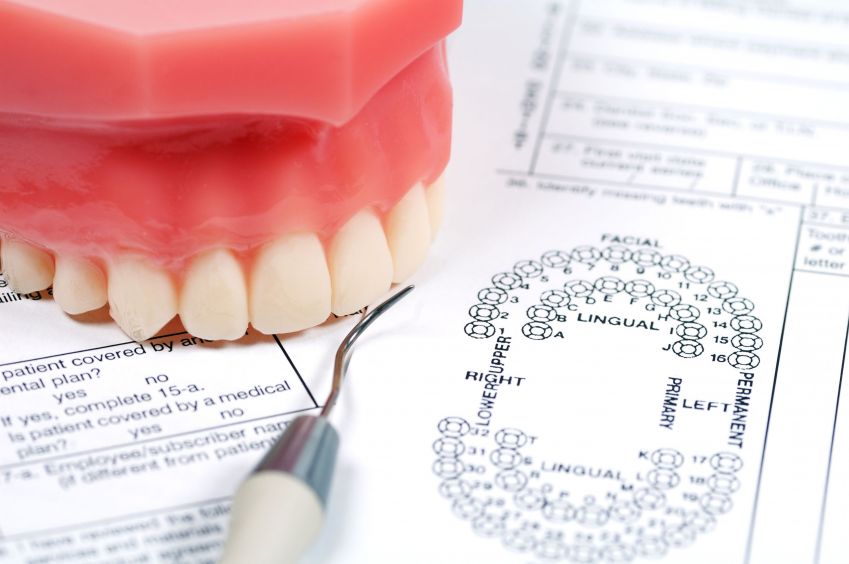Many people have heard of something called “lock jaw”, but not many know that this issue is actually classified under a range of conditions that are caused by a joint disorder in the jaw. These conditions are collectively called TMJ, or temporomandibular joint disorder, and the symptoms can range from occasional stiffness in the jaw, to extremely serious consequences. Here’s what you need to know about this disorder, and how to spot it.
What Causes TMJ? Your Dentist in Richmond, BC Has the Answers
There is no single cause of TMJ. Many factors, like genetics, lifestyle, arthritis, injuries, and oral health can play a part in a person developing this disorder. If you tend to grind your teeth at night, or clench them often due to stress during the day, you may be more likely to develop TMJ.
How to Spot TMJ
Do any of the following symptoms sound familiar?
- Your jaw often feels tender to the touch, or even throbs as though you’ve been injured – even though you haven’t been.
- You feel pain or aching in or around your ear. You may hear ringing in your ear from time to time.
- It hurts to chew tough foods.
- Your jaw sometimes “locks up”, not wanting to open or close all the way without extreme pain and stiffness.
- You notice a clicking or popping sound when you chew, speak, or yawn.
- Your face just aches sometimes, especially around the sinuses.
- You get frequent headaches that aren’t related to another medical condition.
If so, you may have TMJ. Many patients that visit their dentist in Richmond, BC, don’t even realize they have something wrong with their jaw. They will go through years of doctor’s visits trying to discover the root of their headaches, never even feeling any pain in the jaw at all. This condition affects everyone differently.
How Is TMJ Treated?
There are several ways to approach TMJ. In many cases, the best treatment is a change in lifestyle. Reducing stress, using a mouth guard at night to stop grinding, and changing your diet are all places to start. Other treatment options may include oral adjustments or even surgery. These are usually last resorts after other treatments have been tried. There are also physical therapy treatments to help patients correctly align their jaw, chew and speak in a way that is beneficial to the jaw, and more.
If you have any of the symptoms described above, contact your dentist in Richmond, BC by calling 604-370-3100.






